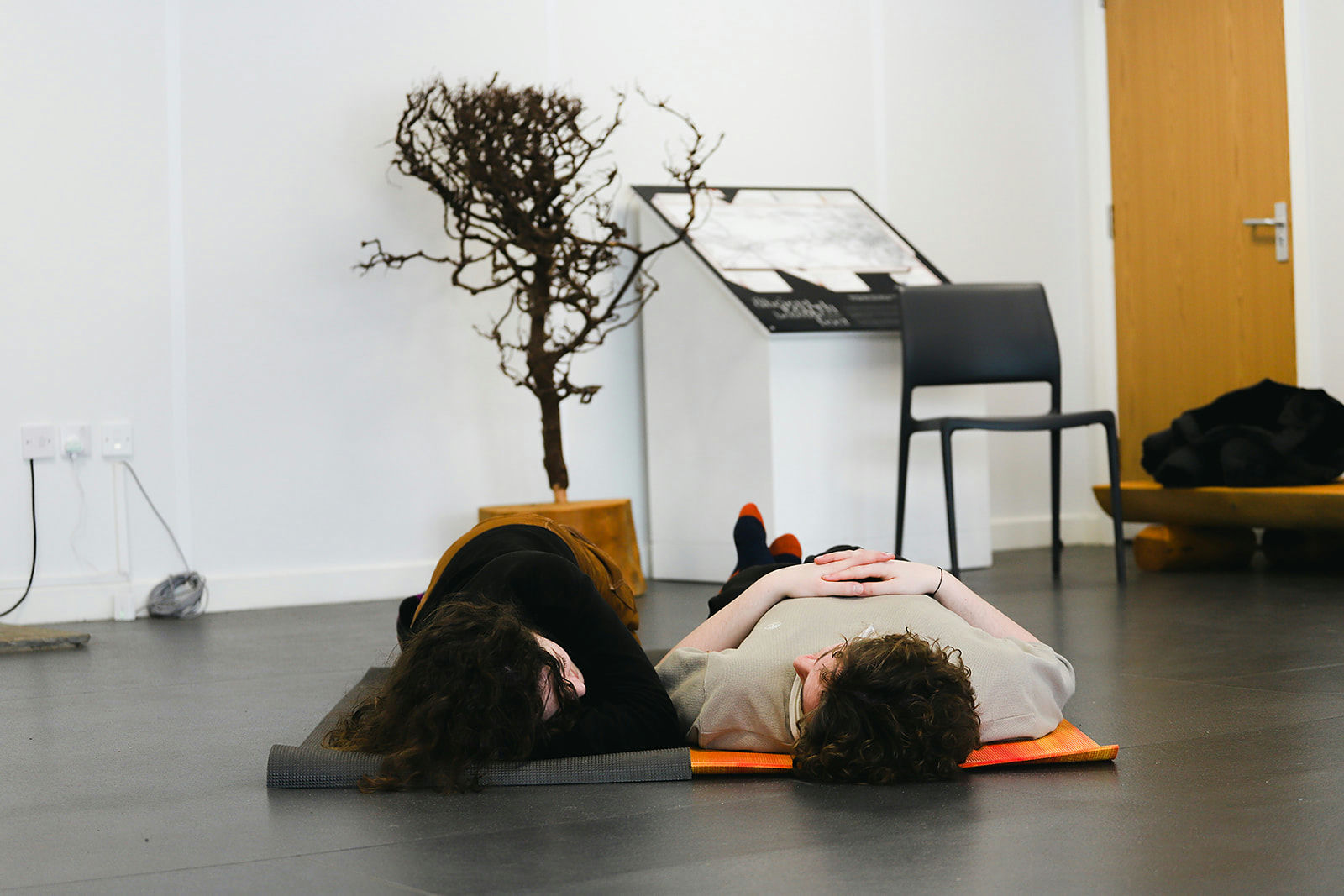This week, we’re exploring how to keep your voice safe and functioning while dealing with a cold. We’ll discuss how to manage your clients, listeners, and colleagues’ needs and expectations, reduce the impact on your voice when recording during illness, and alleviate the effects of using your voice while enduring a cold.
Firstly, it’s crucial to set clear expectations with your colleagues, listeners, and clients about what they can expect from you.
When you’re not feeling well, communication is key. Explain that you’re under the weather and might need to adjust deadlines or deliverables accordingly. Being transparent helps manage their expectations and reduces the pressure on you.
Hydration plays a significant role in mitigating cold symptoms.
Drink plenty of water to keep your vocal cords lubricated. Additionally, consider using a nebuliser. Nebulising can help reduce symptoms by delivering moisture directly to your vocal cords, helping them stay relaxed and functional.
Facial lymphatic massage can also be beneficial when you have a cold.
This technique can help reduce congestion and swelling, easing some of the discomfort associated with colds. Additionally, be mindful of the cold medications you take. Some medications can dry out your vocal cords, so it’s essential to choose those that don’t have this side effect.
Creating a consistent nose breathing routine is another helpful strategy.
Breathing through your nose warms and humidifies the air before it reaches your vocal cords, reducing irritation and helping your voice stay in better shape.
Performing releasing exercises is crucial as well.
These exercises help soften the tension produced by using your voice during challenging times. Your usual work will demand more physical and mental effort, so it’s a good idea to create more space for resting or even taking some days off if possible.
Finally, don’t forget about SOVT (Semi-Occluded Vocal Tract) work. Incorporating SOVT exercises into your vocal warm-up can help maintain vocal health and prevent strain.
Remember, taking care of your voice is essential, especially when you’re not feeling your best. By setting clear expectations, staying hydrated, using nebulising techniques, practising nose breathing, performing releasing exercises, and incorporating SOVT work, you can keep your voice safe and functioning even while dealing with a cold.
Stay healthy, and we’ll see you next time!




